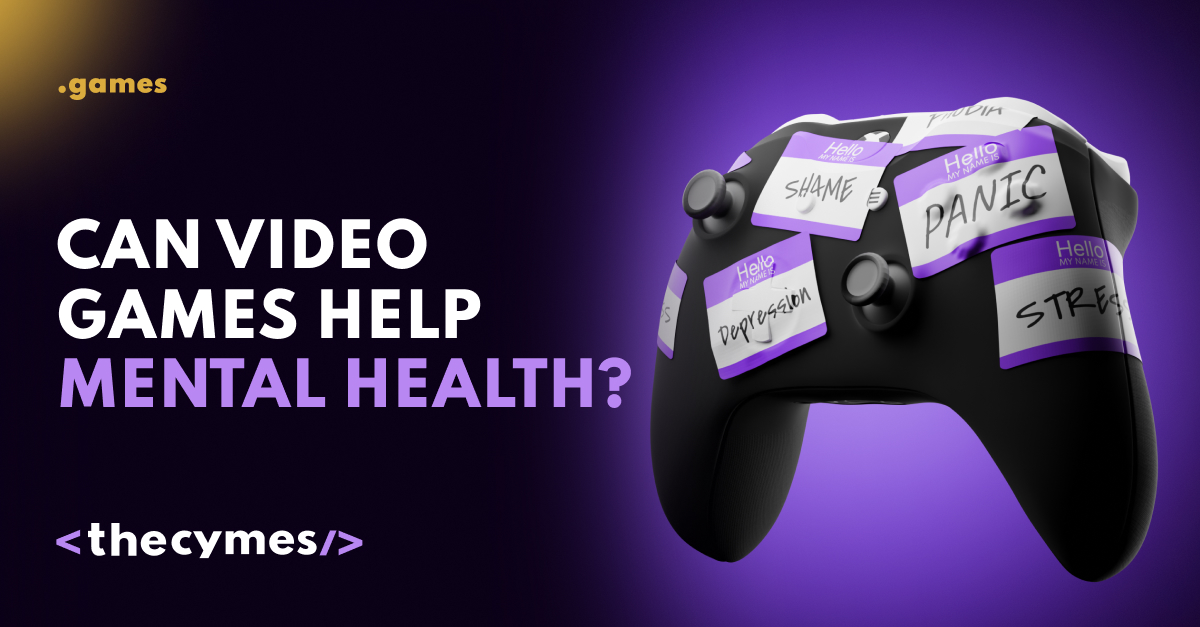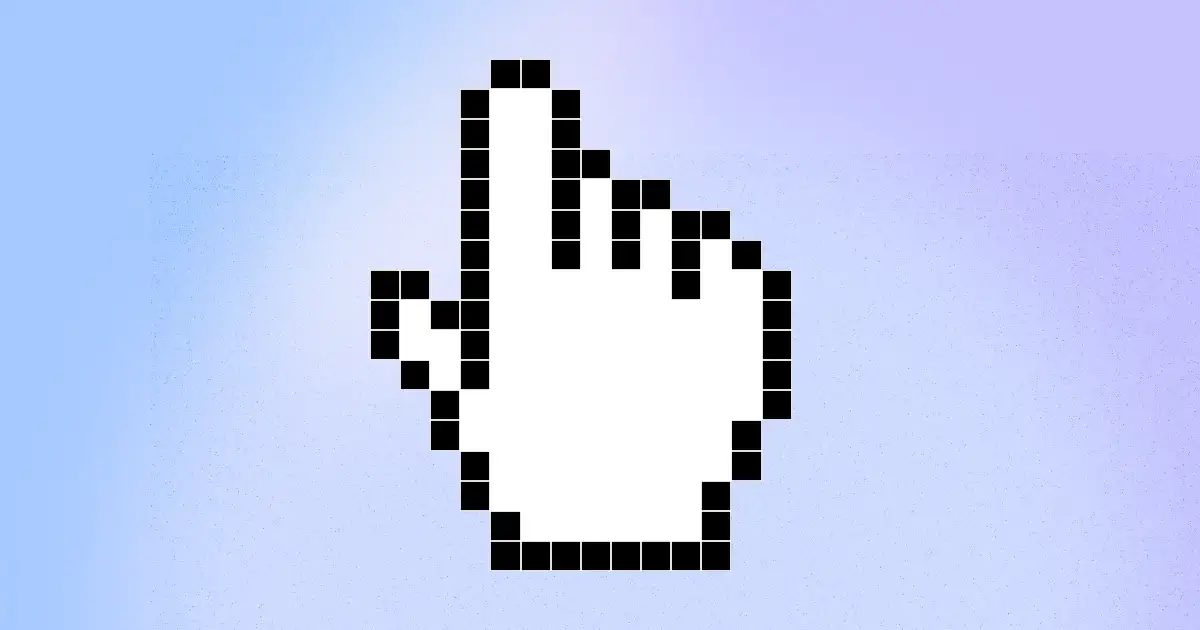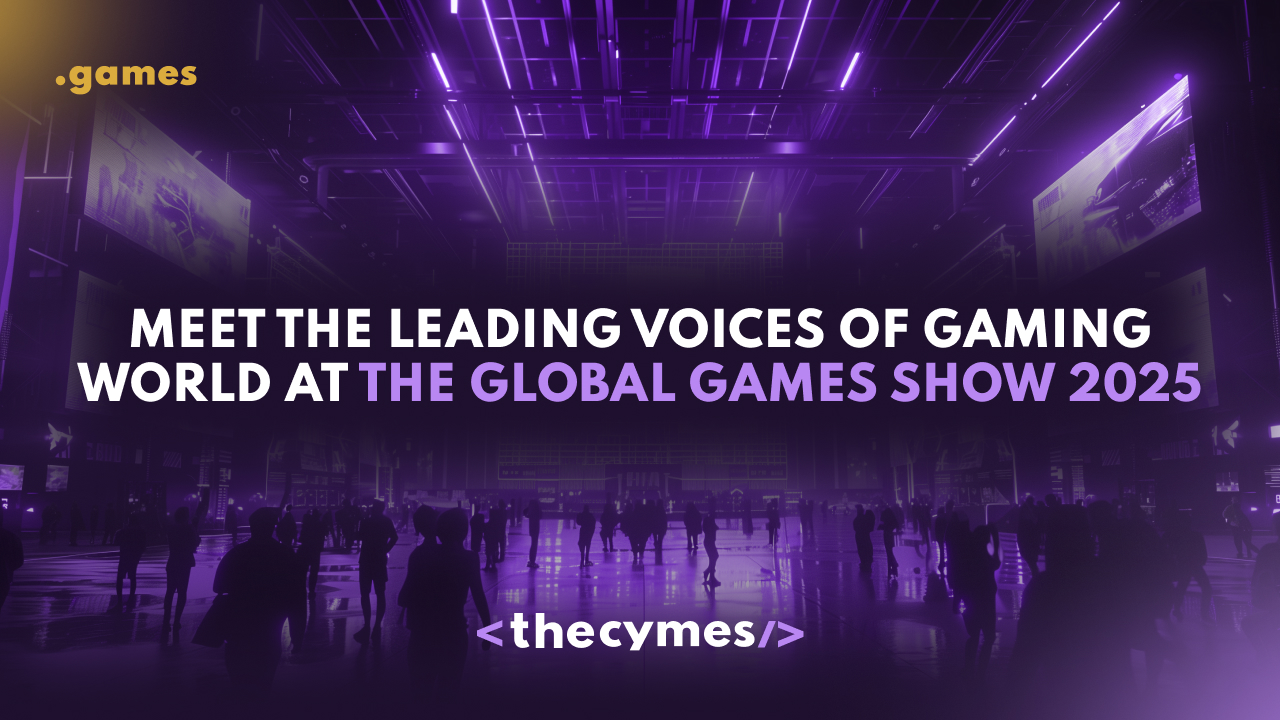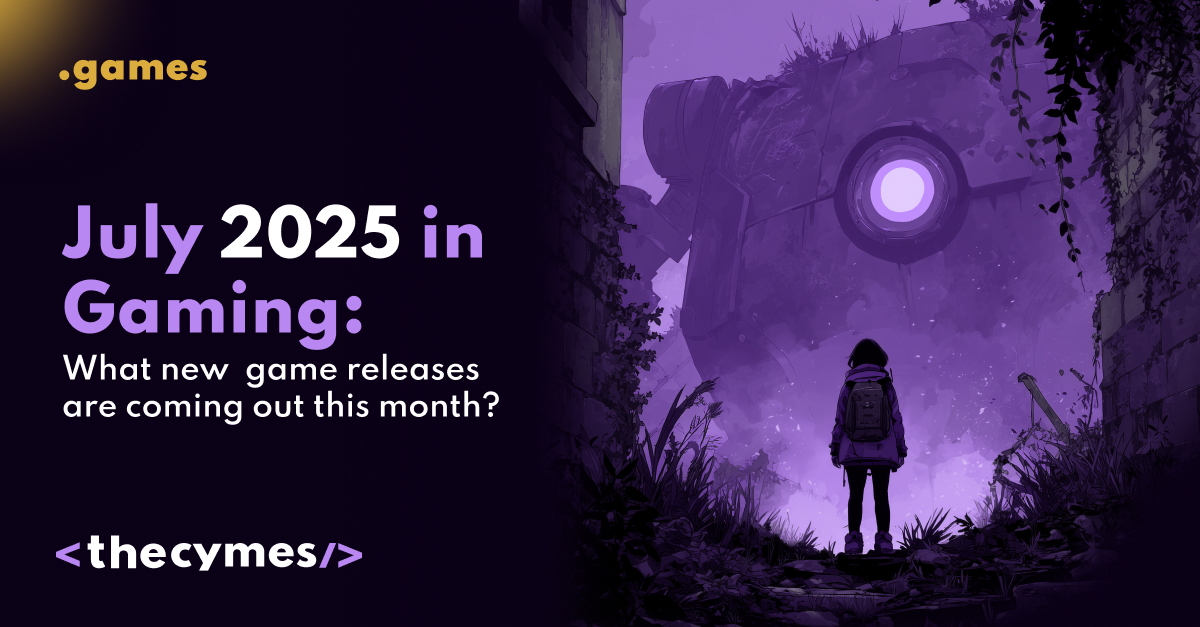.games4 December 08:36
0< 
 A fresh look at gaming's positive impact!
A fresh look at gaming's positive impact!
Can Video Games Help Mental Health?
/> A fresh look at gaming's positive impact!
A fresh look at gaming's positive impact!Share
Author  The Cymes Team
The Cymes Team
4 December 2024 The Cymes Team
The Cymes TeamInfluential video gamesInfluential video gamesMost iconic video gamestrendy gamesEvolution of gaming industryGaming historygaming insightsBlockchain games
related articles






.games5 November 07:51
The most anticipated game releases from November 2024Check out the most anticipated game releases of November 2024, featuring groundbreaking titles and fresh sequels that every gamer has been waiting for. Discover what’s coming next in the world of gaming!
.games14 August 07:17
Meet the leading voices of Gaming world at The Global Games Show 2025 hosted by VAP Group in association with Abu Dhabi Convention & Exhibition Bureau in Abu DhabiGear yourself with gamification where gaming meets innovation, e-sports champions, and industry leaders collide with top creators to shape the next evolution of interactive entertainment 10-11th December 2025 at Space42 Arena, Abu Dhabi 
.games27 June 16:47
July 2025 in Gaming: What new game releases are coming out this month? Let's explore the gaming releases of this month together! be updated on the latest tech newsGet exclusive news updates and overview on tech market
© The Cymes 2026